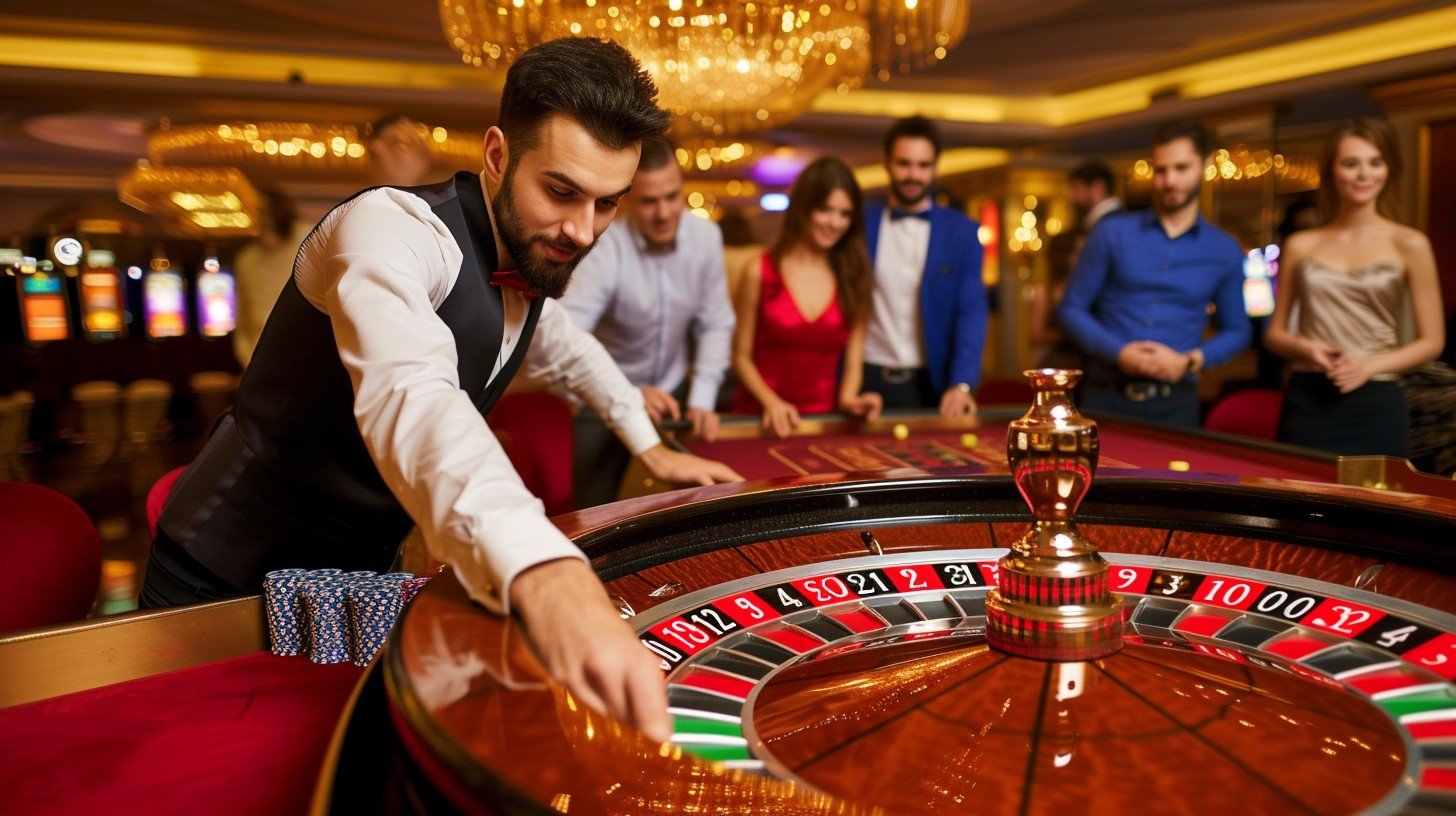Impact of game pace on revenue

The pace at which casino games are conducted can significantly influence a casino’s revenue. Here are some key ways in which game pace impacts financial performance:
1. Increased Game Turnover
A faster game pace means more hands or rounds can be played within a given time frame. This increased turnover leads to more betting opportunities, which can boost the casino’s revenue. For example, in games like blackjack or poker, a skilled dealer who can manage the game efficiently without making players feel rushed can maximize the number of hands dealt per hour1.
2. Enhanced Player Engagement
Maintaining an optimal game pace keeps players engaged and reduces downtime. When players are actively involved in the game, they are more likely to continue playing and placing bets. Conversely, a slow game pace can lead to boredom and frustration, causing players to leave the table sooner1.
3. Optimized Table Utilization
Efficient game pacing allows casinos to make better use of their tables. By maximizing the number of games played per hour, casinos can accommodate more players throughout the day. This is particularly important during peak hours when demand for table games is high1.
4. Improved Dealer Performance
Dealers who can maintain a steady and efficient game pace contribute to a smoother operation overall. Their ability to handle the game quickly and accurately reduces the likelihood of errors and disputes, which can disrupt the flow of the game and negatively impact revenue1.
5. Higher Player Satisfaction
Players appreciate a well-paced game that balances speed with enjoyment. Satisfied players are more likely to return to the casino and recommend it to others, leading to increased customer loyalty and repeat business1. This long-term customer retention is crucial for sustained revenue growth.
6. Impact on House Edge
While the house edge remains constant, the number of bets placed within a given period can affect the casino’s overall hold. A faster game pace means more bets are placed, which can amplify the effect of the house edge and increase the casino’s hold percentage1.
Conclusion
The pace of casino games is a critical factor in maximizing revenue. By ensuring that games are conducted efficiently and at an optimal speed, casinos can enhance player engagement, improve table utilization, and ultimately boost their financial performance. Investing in dealer training and optimizing game management strategies are essential steps for casinos aiming to capitalize on the benefits of a well-paced gaming environment.

